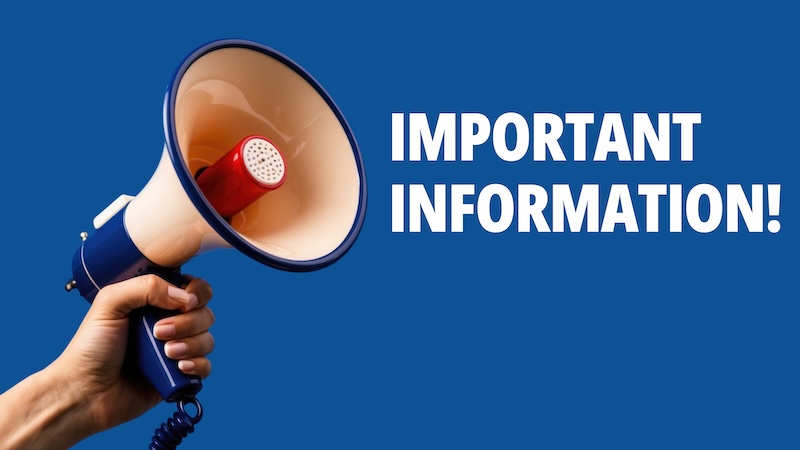
No one likes the idea of the government stepping in to manage private affairs—especially when it comes to money and property. But without an estate plan, that’s exactly what can happen. If you pass away without the proper legal documents in place, your hard-earned assets could end up in state control through a process called escheatment. It refers to an inheritance.
At Skvarna Law Firm, we help clients throughout Glendora, Upland, and the surrounding communities understand how estate planning gives them full control—so their inheritance goes exactly where they intend.
What Is Escheatment in an Inheritance?

Escheatment refers to the state taking custody of unclaimed or abandoned assets. This legal process traces back to feudal times when land and property reverted to the king if someone died without heirs. Today, the modern version works similarly. If the state can’t identify a rightful heir or if your inheritance plans aren’t clear and legally documented, your property could become government property.
This can include:

- Dormant bank accounts
- Forgotten retirement accounts or 401(k)s
- Unclaimed life insurance benefits
- Stock or investment accounts
- Safe deposit box contents
- Uncashed checks
- Gift cards and refunds
Most states, including California, require financial institutions to turn over unclaimed assets after a dormancy period—often just one to five years. In 2025, California reported over $14 billion in unclaimed property. That number continues to grow as dormancy periods shrink and enforcement increases.
Dying Without a Will: How the State Claims Inheritance

If you die without a valid will or trust in place, the law considers you to have died intestate. This means the state—not you—decides who receives your money and property.
Each state has its own intestacy statutes. These laws follow a rigid order of inheritance, typically starting with a spouse and children, then moving to parents, siblings, nieces, nephews, and other blood relatives. If these people died, the state can claim your assets.
The same risk applies if you die with a will that only partially addresses your estate—this is called partial intestacy. Any unaccounted-for property will be distributed according to state law, not your wishes.
A Real Risk: Inheritance Left Behind

Estate planning isn’t just about naming heirs—it’s about making sure your instructions are clear, current, and complete. Without a full accounting of your assets, things get missed. Loved ones may not know you had a certain bank account, investment, or life insurance policy. When those accounts go untouched for years, they eventually fall into escheatment.
That’s why an incomplete plan can be just as risky as having no plan at all. The best way to prevent escheatment is to leave a paper trail your family can follow. We help our clients build organized, accessible plans that protect their inheritance from the state’s reach.
Who Loses When You Don’t Plan

The laws of intestacy only acxcount for legal relatives—not relationships, loyalty, or intent. If you want to leave something to someone outside that legal structure, you need to be specific.
Here are common situations we address in estate plans that intestacy laws ignore:
Stepchildren
Unless legally adopted, stepchildren typically don’t receive anything under intestacy rules. If want your stepchild to earn your inheritance, spell it out in your plan.
Unmarried Partners
Couples who live together but never legally married have no automatic inheritance rights. Even decades-long relationships can be ignored by the court if no estate plan exists. If you want your partner to inherit anything, you need to make it legal.
Friends
Friends, mentors, and chosen family deserve recognition too. State law won’t distribute assets to a friend, no matter how close you were. Only a will or trust can do that.
Charities
If you want to support a cause you care about—such as education, animal welfare, or medical research—you must name the charity in your plan. The state won’t make charitable gifts on your behalf.
Specific Gifts
Maybe you want your niece to receive your jewelry collection or your godson to inherit your record albums. Intestacy laws only divide assets in broad percentages and don’t allow for individual items to be assigned. If you want certain people to receive certain things, you need a plan.
Minor Children
Without a will, you lose the chance to name a guardian for your children. That decision falls to the court, and the person selected may not be the one you would have chosen. Naming a guardian now protects your children’s future if something unexpected happens.

A Trust Offers Even More Protection
A will is a strong first step, but in many cases, a revocable living trust offers better protection. A trust allows you to:
- Avoid probate court entirely
- Keep your assets and wishes private
- Ensure a smooth transition of property
- Prevent delays or disputes among heirs
- Provide long-term control over how and when inheritance is distributed
- Trust-based plans are especially beneficial for blended families, business owners, and anyone who wants to reduce the risk of assets being overlooked or claimed by the state.
The Bottom Line: Control vs. Chaos
Creating a complete estate plan allows you to stay in control—of your money, your property, and your legacy. Without one, you leave everything up to state formulas and probate court schedules.
We help our clients in Glendora, Upland, and surrounding communities build custom estate plans that reflect their values and preserve their wishes. Whether you’re just getting started or it’s time to update your documents, we’ll make the process clear, personal, and effective.
Take the First Step

Don’t wait until it’s too late. Escheatment may sound like an old legal term, but it has very real consequences today. Without a clear, updated estate plan, you risk losing control over the inheritance you meant for others. Call Skvarna Law Firm to schedule your estate planning consultation. Let’s create a plan that protects what matters most and keeps your assets out of the wrong hands.
About Skvarna Law in Glendora and Upland, California
Skvarna Law helps individuals and families across Southern California with estate planning, wills, trusts, and elder law. With offices in Glendora and Upland, the firm provides strategic, compassionate guidance tailored to each client’s goals. Whether you’re planning for your own future or protecting the people you love, Skvarna Law makes complex legal decisions easier to understand and manage. Visit skvarnalaw.com to schedule a consultation.


